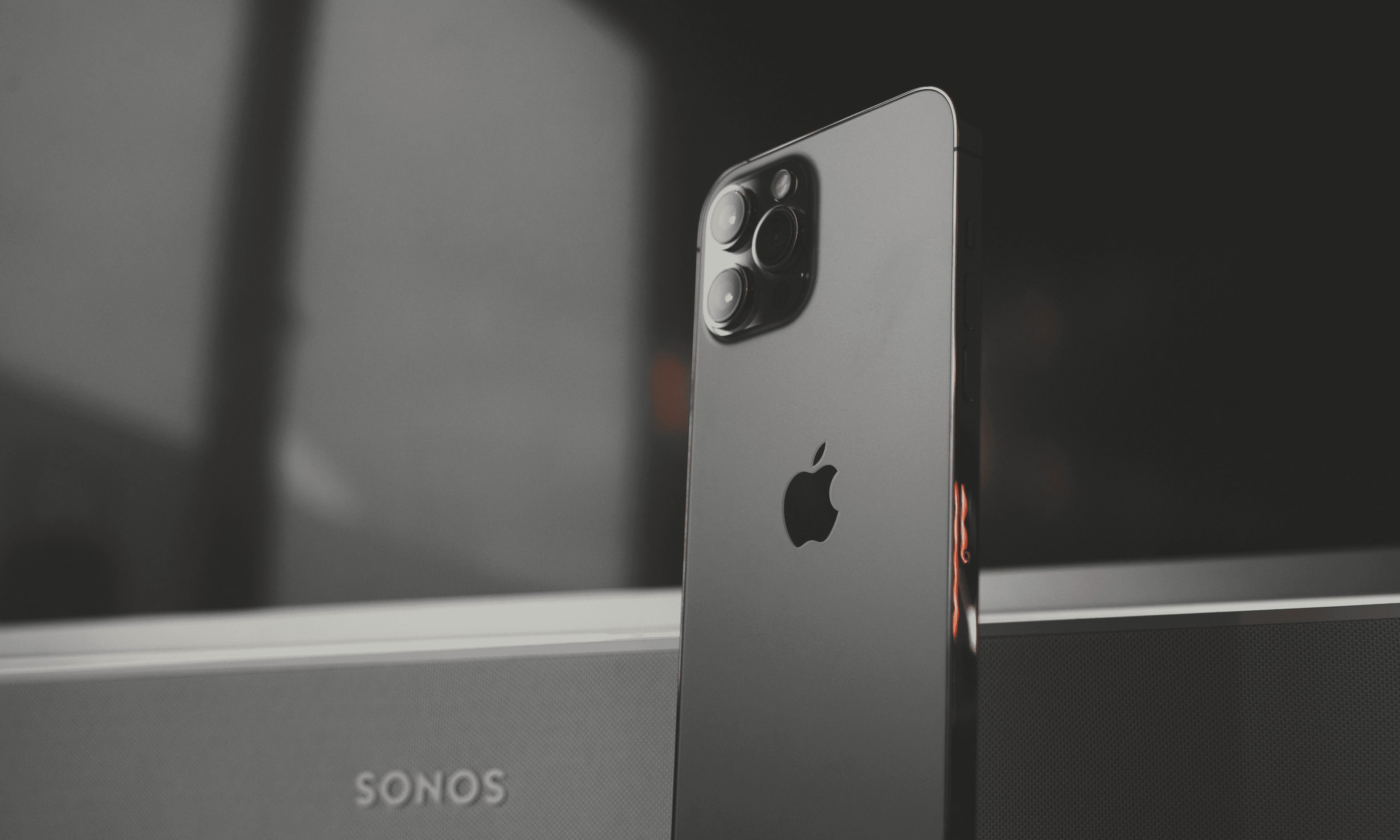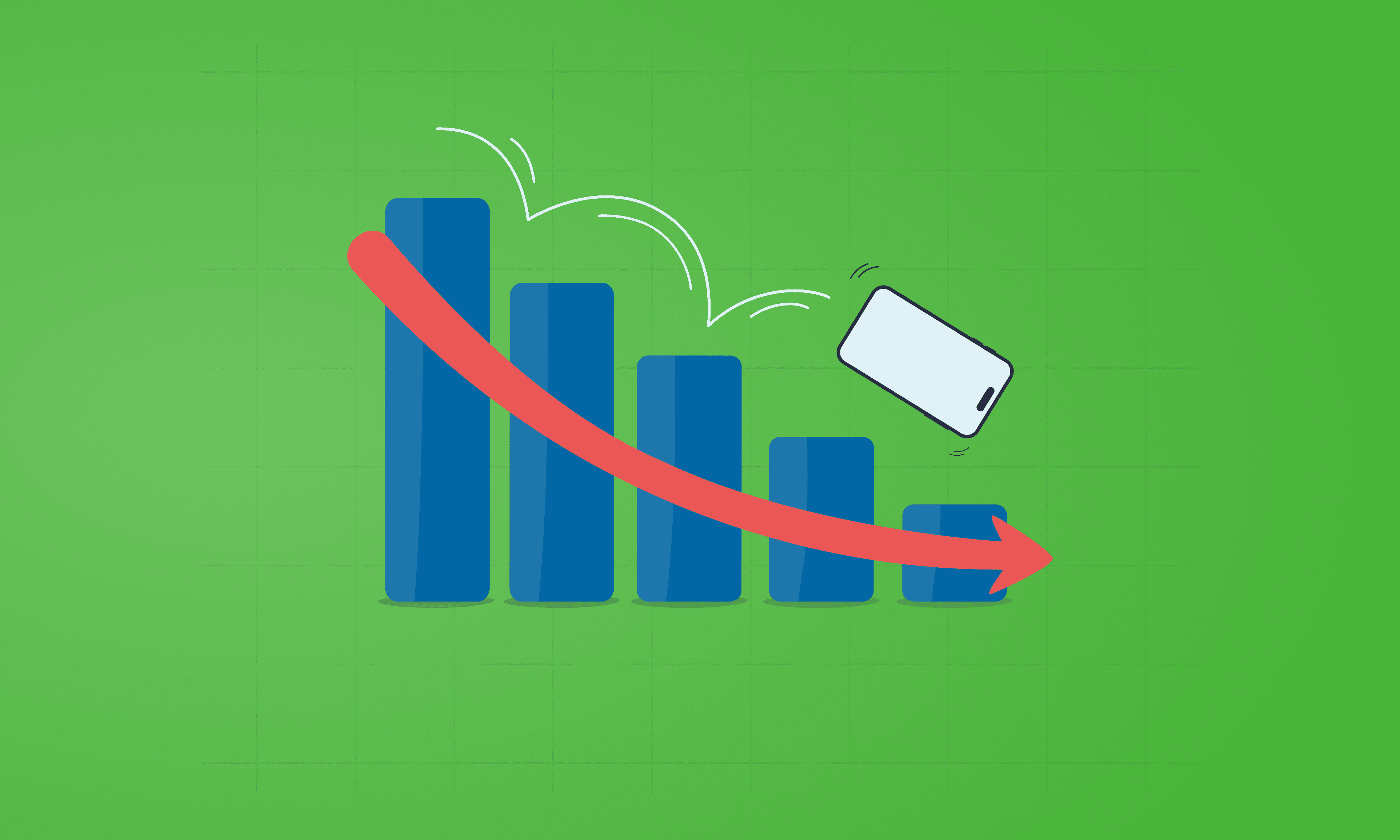Learn how to build a healthier relationship with social media and reduce time spent glued to your phone.

Written by Sneha Kashyap, Content and PR Executive | Conscious Consumption and Tech Trends
Last updated on 11 December 2025

With technology advancing rapidly, many of us have become increasingly reliant on our digital devices. Social media, in particular, keeps us glued to our phones for hours at a time - which is why we must learn how to have a healthy relationship with social media.
Research shows that excessive or unbalanced social media use can negatively affect mental health. Below are some examples of studies that have explored this link:
A 2023 study found that depression and anxiety were more common among people who used the highest number of social media platforms.
A review of 45 studies reported that many users felt inadequate after using certain platforms, often due to unrealistic comparisons.
A study of 1,000 Swedish Facebook users found that women who spent more time on the platform felt less happy and confident.
In another study involving 600 adults, a third of participants said social media triggered negative emotions, especially frustration caused by comparing their lives to others.
Despite these findings, social media is not inherently harmful. The problem with social media comes when we develop a toxic relationship with it. If we can find ways to use social media in positive ways, then social media can be helpful, not harmful. Here are our recommendations to help you develop a healthy relationship with social media.
Realising how much time we spend scrolling can be eye-opening. You may plan to check your feed for two minutes, and suddenly two hours have disappeared. Setting boundaries helps prevent this from becoming a daily pattern.
Depending on whether you have an Android or an iPhone, there are different tools you can use to monitor and reduce your screen time. QualityTime is a good one for Android users - you get daily and weekly reports on your usage, and you can set reminders to take breaks. Apple has an in-built Screen Time feature that shows how long you spend on different apps and allows you to set limits for your most-used platforms. Additionally, you can use settings such as Downtime, App Limits, Always Allowed, Content & Privacy Restrictions, and Family Sharing.
Before you open an app, pause and ask yourself: “What am I here to do?” Setting an intention, whether it’s to message a friend or check one update, helps prevent mindless scrolling.
Notifications can be useful, however, not all notifications are created equal. A lot of the time, they are simply distracting and often disrupt our focus on tasks that are more important. For instance, a reminder of your upcoming dentist appointment is useful, while a suggestion to buy a pointless item from Facebook Marketplace is not. You might want to consider switching off notifications from your social media accounts if you feel that they are regularly distracting you. Here's how you can turn off your notifications on your iPhone or Android phone:
To turn off notifications for apps, go to Settings > Notifications > Siri Suggestions, turn on Allow Notifications, then turn off any app.
Open your device's Settings app. Tap Notifications. Turn Notification click on an app icon to switch it on or off.
Consider enabling “scheduled” or “batched” notifications, where your phone delivers alerts only at set times. This reduces constant interruptions and helps you stay more present in your day-to-day activities.
Just as certain apps drain your attention, some accounts can drain your mood. Following content that inspires, educates, or entertains in a healthy way can make a real difference to your wellbeing. Research supports this: a study of 195 young women found that exposure to body positive Instagram content appeared to boost the participants' satisfaction with their own bodies. Similar results have been found with men. One study found that men who reported looking at fitness inspirational content more regularly were more likely to compare themselves to others and desire a more muscular appearance.
Every few months, review your following list and unfollow accounts that trigger stress, comparison, or negativity. Your feed should reflect what matters to you — not what drains you.
You can also deliberately follow accounts that add value: mental health educators, hobby creators, inspirational speakers, or realistic lifestyle content.
To maintain balance, it helps to strengthen the parts of your life that exist outside of social media. Try simple habits such as setting ‘phone-free- zones around the house, perhaps, at the dining table and the bedroom. If you’re at work, or doing a relaxing activity, put your phone out of reach. Also, try doing some hobbies like cooking, or reading, or exercising that don’t involve screens. These habits help reduce impulsive scrolling and support your overall wellbeing.
It’s easy to feel inadequate when you’re constantly exposed to images of people who appear to have perfect bodies, perfect relationships, and perfect lifestyles. However, these posts often represent highlights, not reality.
Remember that photos you see on social media are often edited. People rarely share their low moments online, so you don’t get to see the whole picture.
Mindful consumption can help you view content through a more realistic, self-compassionate lens.
While social media can affect mental health, you have control over how you use it. With mindful habits, healthy boundaries, and regular check-ins with yourself, your relationship with social media can become positive and purposeful.
If you’ve tried different strategies and still feel overwhelmed or negatively affected, it may be helpful to take a break or temporarily delete the apps to reset.

Digicam trend drives 979% spike in iPhone 4 demand and here's what you need to know before using one.

The iPhone used to define innovation. Now every new model feels the same. Is Apple’s story running out of pages?

See which Apple, Samsung, and Google phones hold their value best over the first and second year on the market.